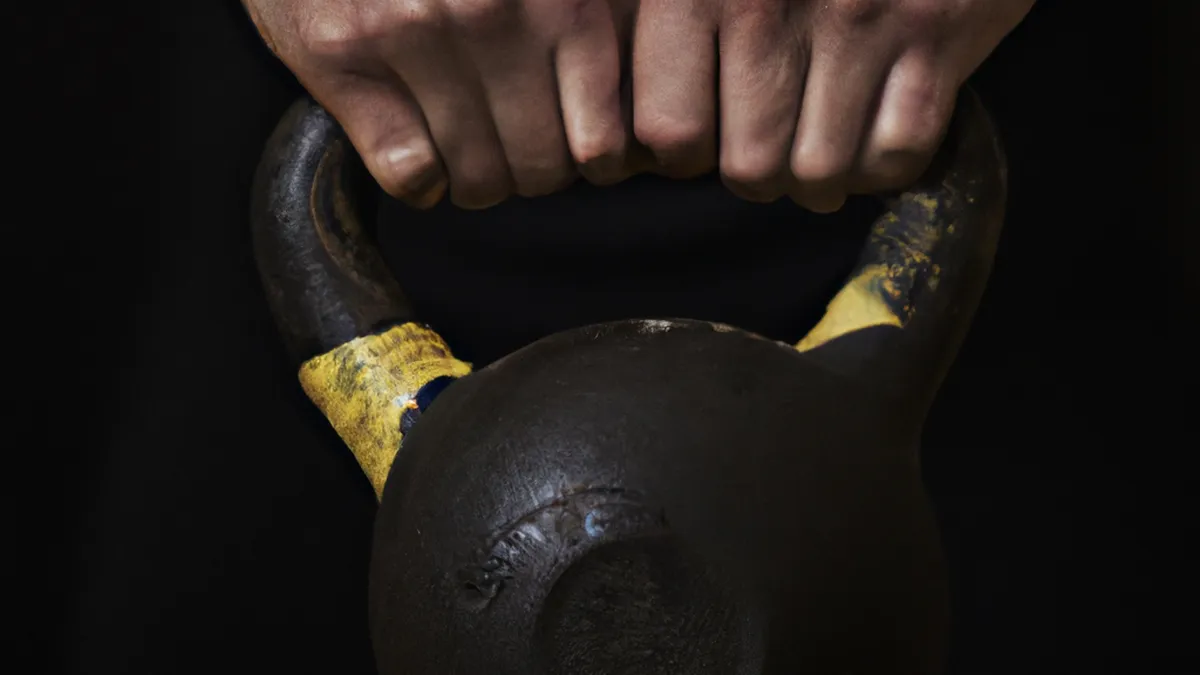Strong Wrists: Key to Kettlebell Success
Preventing Wrist Injuries with KettlebellsKettlebell training boosts strength, flexibility, and endurance. This resistance training method attracts fitness enthusiasts for its versatility and efficiency. However, improper use can cause wrist injuries, leading to pain and discomfort. You can take steps to prevent these injuries. This post shares tips and advice to keep your wrists safe while enjoying kettlebell training.
Understanding Wrist Injuries
Wrist injuries often arise from improper form or excessive strain. Common injuries include sprains, strains, and tendonitis. Movements like swings, cleans, and snatches can stress your wrists. Understanding these risks is essential for safe training. Transitioning into kettlebell training requires proper preparation. Many beginners rush into workouts, ignoring signs of wrist pain. If you feel pain, stop immediately and listen to your body. Ignoring these signals can lead to serious injuries that take weeks or months to heal.
Tips for Safe Kettlebell Training
As an Amazon Associate I earn from qualifying purchases.
Gear tip: consider kettlebell, stretching strap, and yoga blocks to support this topic.
1. Start with the Right Weight
Choosing the right kettlebell weight ensures safety. Beginners should use lighter kettlebells to master their form. Starting light helps you focus on technique and proper movement. Once comfortable, gradually increase the weight while prioritizing form.
2. Warm Up Properly
Warming up prepares your muscles and joints for exercise. Spend at least 10 minutes warming up your wrists, shoulders, and hips. Use dynamic stretches and mobility exercises specific to these joints. This routine boosts blood flow and reduces injury risk. Include wrist circles, shoulder rolls, and hip openers in your warm-up.
3. Focus on Form
Proper form prevents wrist injuries and enhances workout effectiveness. Pay attention to your grip and wrist alignment during exercises. Keep your wrists neutral to avoid excessive bending. During kettlebell swings, ensure your wrists remain straight. Use a coach or mirror to monitor your form and make adjustments.
4. Gradual Progression
Progress gradually in kettlebell training. Avoid lifting heavier weights or performing advanced movements before mastering the basics. Rapid progression can lead to improper form and increased injury risk. Set clear goals and aim for steady improvement.
Conclusion
Kettlebell training offers many benefits, but safety is vital. Follow these tips to prevent wrist injuries and maintain an effective workout routine. Stay aware of your body, prioritize form, and enjoy your kettlebell journey.
Below are related products based on this post:
FAQ
What are common wrist injuries associated with kettlebell training?
Common wrist injuries include sprains, strains, and tendonitis. These injuries often arise from improper form or excessive strain during movements like swings, cleans, and snatches. Understanding these risks is crucial for safe kettlebell training.
How can I prevent wrist injuries while using kettlebells?
To prevent wrist injuries, start with the right weight and focus on proper form. Warming up adequately and gradually progressing in your training are also essential steps. Monitoring your technique can help ensure your wrists remain safe during workouts.
Why is warming up important before kettlebell training?
Warming up prepares your muscles and joints for exercise, reducing the risk of injury. Spending at least 10 minutes on dynamic stretches and mobility exercises specific to your wrists, shoulders, and hips boosts blood flow and enhances performance. A proper warm-up is vital for a safe training session.















Post Comment